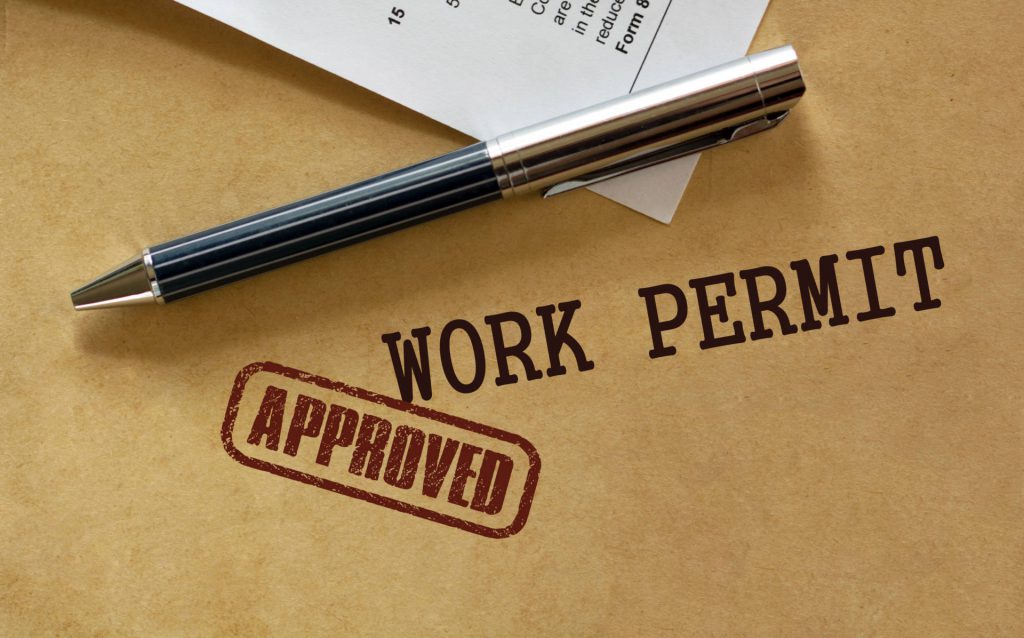Working in the Netherlands as an expat can be an enriching and fulfilling experience. Known for its high standard of living, progressive work culture, and diverse opportunities, the Netherlands attracts professionals from around the world. Whether you are considering a short-term assignment or planning to settle down here, there are several key factors to consider to ensure a successful transition and integration into Dutch society.

Job market and opportunities
The Netherlands has a thriving job market with opportunities in various sectors such as technology, finance, engineering, logistics, and healthcare. Major cities like Amsterdam, Rotterdam, and The Hague are key business hubs, hosting multinational companies and startups alike. It is advisable to research the job market, identify potential employers, and utilize online job portals and recruitment agencies to find suitable positions. Networking events and professional associations can also help you connect with professionals in your field.
Work permits and visa requirements
If you are a citizen of the European Union (EU), European Economic Area (EEA), or Switzerland, you have the right to work in the Netherlands without a work permit. However, if you are a non-EU/EEA citizen, you will typically require a work permit. The process involves obtaining a job offer from a Dutch employer, who will initiate the application on your behalf. It is essential to research and understand the specific requirements and documentation needed for your work permit application. Contact the Dutch embassy or consulate in your home country for accurate and up-to-date information.
Language skills
While English is widely spoken and understood in the Netherlands, especially in professional environments, learning Dutch can significantly enhance your experience and improve your job prospects. Dutch language skills demonstrate your commitment to integration and can open doors to local networks and opportunities. Language schools, online resources, and language exchange programs are available to help you learn Dutch and adapt to the local culture.
Cost of living
The cost of living in this country can vary depending on the region, with major cities generally being more expensive than smaller towns. Consider factors such as accommodation, transportation, groceries, utilities, healthcare, and leisure activities when planning your budget. Renting a house or apartment is common in the Netherlands, and it is essential to research the rental market and understand your rights and responsibilities as a tenant. Dutch cities offer excellent public transportation systems, which can help reduce commuting costs.
Cultural adaptation
Dutch culture is known for its openness, tolerance, and direct communication style. Embrace the opportunity to immerse yourself in the local culture, respect Dutch customs and traditions, and engage with the community. Building relationships with colleagues and neighbors can provide valuable insights into the Dutch way of life. Participate in local events, explore museums and galleries, and enjoy traditional Dutch foods and festivals to deepen your cultural understanding and forge connections.
Work-life balance
The Netherlands is renowned for its emphasis on work-life balance. Dutch employees typically work 36 to 40 hours per week, with a generous number of vacation days and public holidays. Employers prioritize the well-being of their employees and often support flexible work arrangements. Take advantage of your leisure time by exploring the country’s picturesque landscapes, cycling routes, and cultural offerings. The Dutch value an active and healthy lifestyle, so consider joining sports clubs or fitness activities to integrate into the local community.
Healthcare system
The Netherlands has an excellent healthcare system that provides comprehensive coverage to its residents. As an expat, you will be required to have health insurance, which can be obtained through private insurers. It is important to research and compare insurance options to find the best coverage for your needs. Registering with a general practitioner (GP) is essential to access primary healthcare services. In case of emergencies, dial 112 for immediate assistance.
You may also like these articles
Netherlands: work permit obtaining
